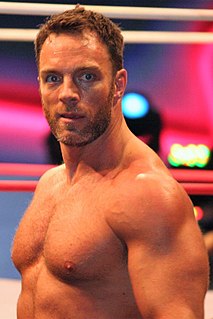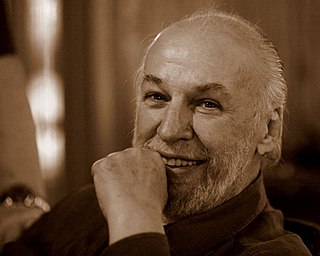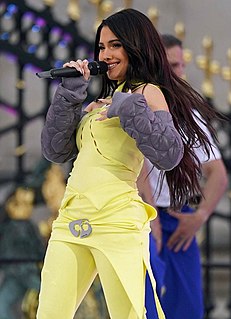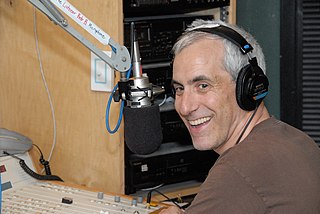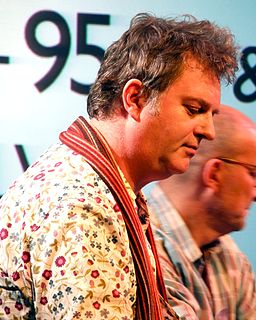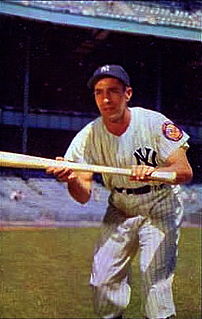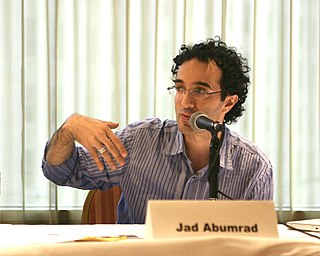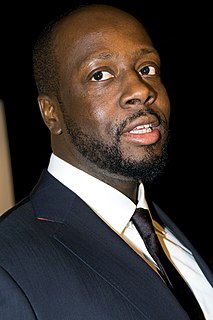A Quote by Ira Glass
I think one of the reasons that I got so good at it, as somebody making radio stories, is that on the radio I can actually - I can understand what's happening in the interview and can make a connection in a way that makes sense.
Related Quotes
The radio is good for taking somebody else's experience and making you understand what it would be like. Because when you don't see someone, but you hear them talking - and, uh, that is what radio is all about - it's like when someone is talking from the heart. Everything about it conspires to take you into somebody else's world.
'Boneless,' even though we were thinking about servicing it to radio, it made more sense putting a vocal on there. This was actually the first time that I really looked at doing a song for radio and kind of let go of some control and listened to a lot of different radio pluggers and had Ultra come in and help out with ideas.
Listen- my relationship with radio on a personal level is nothing but a one way love-a-thon... I love radio, I grew up on radio. That's where I heard Buddy Holly, that's where I heard Chuck Berry. I couldn't believe it the first time I heard one of my records on the radio, and I STILL love hearing anything I'm involved with on radio, and some of my best friends were from radio. But we were on different sides of that argument, there's no question about that.
My father being a Caribbean minister, one day I stole the radio. The radio that I stole, I took it to school, showing off how big this boom box was and how bad I was at the time. Once my father figured out where I left the radio, he then got his belt and he walked me, he beat me all the way to where I had hid the radio, and with the boom box.
I am of the opinion, and even more so the older I get, that it is more difficult to have hope than it is to despair. And I mean this in the sense that in order to have hope you must acknowledge the despair and then you have to get beyond it. Taken from a radio interview given on BBC Radio 4's Open Book

